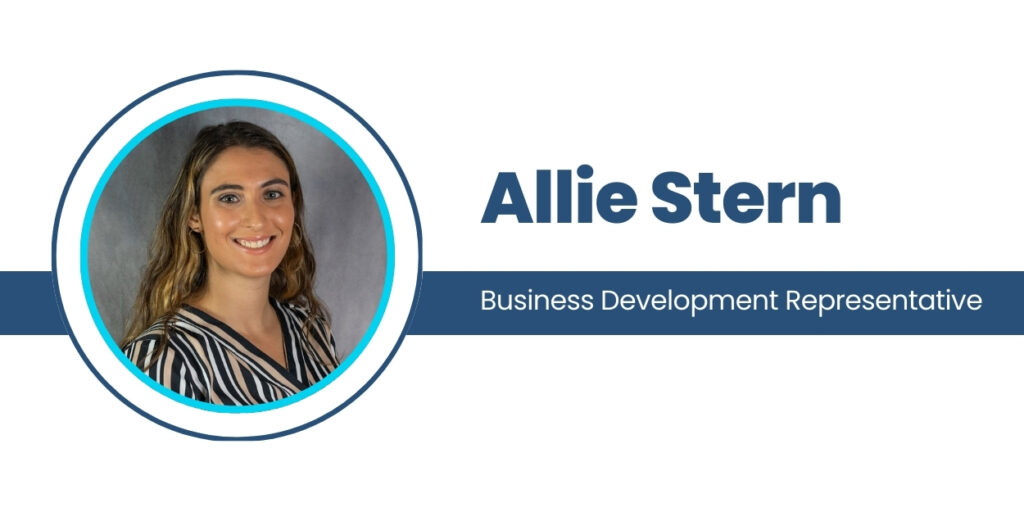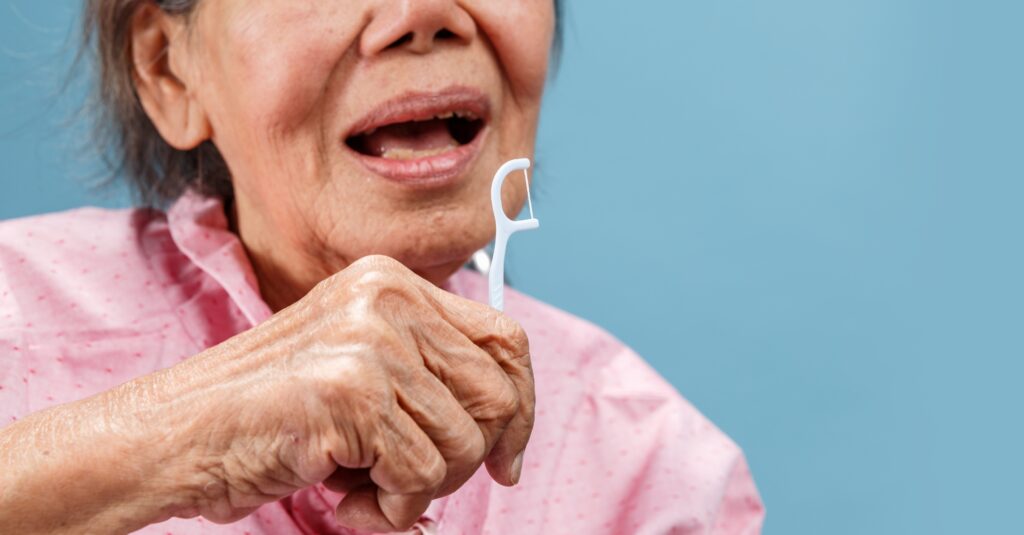
Why Oral Health Equity Matters: Bridging the Gap for Vulnerable Populations
By Allie Stern, Business Development Representative at Enable Dental
Allie Stern, a Business Development Representative at Enable Dental, has long been passionate about public health and health equity. Her journey began as a college freshman, where she discovered a deep interest in the three “P’s” of public health: people, prevention, and populations. What drew her in most was the field’s foundation in equity and how that principle could be applied to improve lives in practical, meaningful ways.
During her early studies, Allie attended the American Public Health Association’s (APHA) Annual Conference. The experience opened her eyes to the complexities of the healthcare system and solidified her desire to be part of the solution. One question that stuck with her from that time, and still drives her work today, is why oral health is so often discussed separately from overall health.
The Need for Medical-Dental Integration
The answer lies partly in the historical separation of medicine and dentistry. But that doesn’t mean it has to stay that way. At Enable Dental, Allie has continued to explore the concept of medical-dental integration. Organizations like CareQuest define this as the coordination of dental care within primary and behavioral health services. This approach recognizes that oral health is not optional. It’s essential.
Dental care is often siloed in ways that negatively impact health outcomes, especially for vulnerable populations. Seniors and adults with disabilities, for example, may face significant barriers to accessing care. These challenges are compounded by social determinants of health like geography, transportation, mobility, language, and sensory issues. For someone living in a rural area, a three-hour drive to the nearest dentist may not be feasible. For others, leaving their residence simply isn’t an option.
Improving Access and Reducing Barriers to Care
Allie’s work at Enable Dental directly addresses these disparities by helping to provide comprehensive, high-quality dental care, right where people live. Whether that’s a senior living community, a PACE center, a group home, or a private residence, Enable Dental brings care to the patient through portable dentistry and purpose-built technology.
By removing barriers to care, Enable Dental is reducing caregiver burden, improving access, and ultimately helping patients achieve better health outcomes. This effort goes beyond just scheduling appointments. It involves thoughtful program design, culturally competent care, and personalized service. For instance, when a partner program serves a predominantly Chinese-speaking population, Enable Dental ensures providers speak the same language to better serve those patients.
Experiencing Impact Firsthand
Allie recently spent time in the field with one of Enable Dental’s teams in Austin, Texas. She experienced firsthand what it means to “meet people where they’re at,” not just physically, but with compassion, attentiveness, and respect. From transporting equipment, setting up in facilities, supporting caregivers, and interacting with patients, to packing up and doing it all again the next day, it’s all part of building a more equitable, inclusive dental care system.
Through her role at Enable Dental, Allie continues to advocate for oral health equity. Not just as a concept, but as a daily practice.



